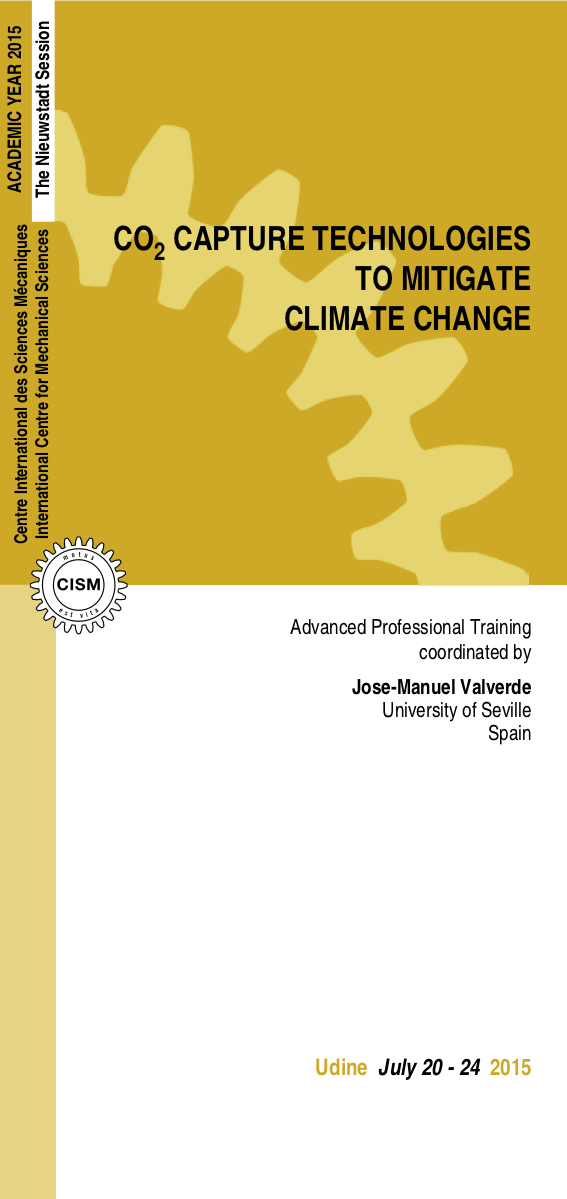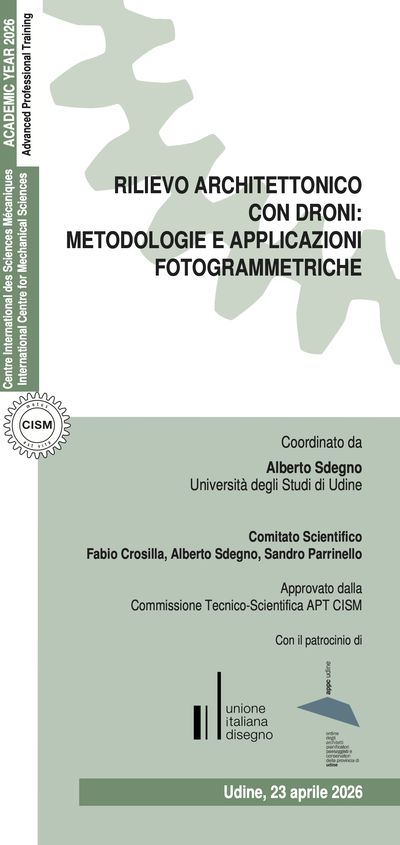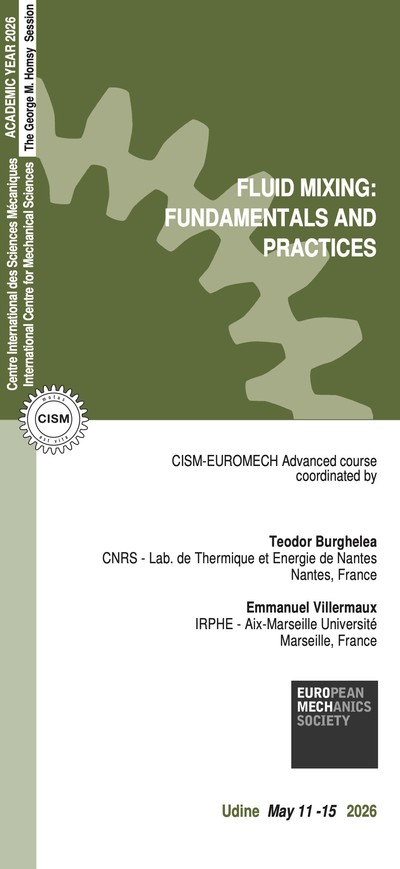Scientific evidences linking the upraise of CO2 emissions and anthropogenic climate change are overwhelming, which makes it necessary to urgently develop CO2 capture and storage (CCS) technologies scalable to a commercial level in order to allow the continuous use of fossil fuel as a reliable source of energy on demand. Leading CO2 capture technologies which are expected to be available in the short and long term will be reviewed in the proposed Course. More specifically, a detailed update will be outlined on leading technologies such as solvent scrubbing, oxyfuel combustion, chemical looping and calcium looping. This will include a critical review of the wide diversity of materials which are being investigated as potential CO2 sorbents such as conventional solvents, solvent blends, biphasic solvents, ionic liquids, Metal-Organic Frameworks (MOFs), Zeolitic Imidazolate Frameworks (ZIFs), solid sorbents, low-temperature sorbents and membranes. Experience shows that the performance of these materials must be assessed taking into account the conditions and constraints imposed by each specific application, which may play a critical role on proposed techniques for process intensification or sorbent reactivation. It is thus of paramount importance to focus theoretical and lab-scale studies on analyzing the material behavior at conditions closely mimicking those to be found at practice and to pursue a fundamental understanding on the physical-chemical processes that govern the behavior of the materials. These points will be a main focus in the Course. The Course will consider also modeling and thermodynamics of the integration of CCS and power plants, which is a critical issue to help system-scale network design and optimize post-combustion capture efficiency. Integration of CCS in gasification and steam reforming plants for pre-combustion capture as well as integration of CCS with other CO2 pollutants industrial processes, most notably cement manufacture, iron and steel making will also be a relevant subject of the Course. An important matter of concern that will be further considered regards energy penalties in CCS. Methods to reduce inefficiencies and increase overall performance in thermal systems will be discussed with an emphasis on currently developing techniques for their specific application to CCS. A promising technology that will be addressed is the integration of Bioenergy and CCS (BECCS). It is believed that capture and long term storage of CO2 produced by combustion of biomass, which matches approximately the CO2 consumed during biomass growth, would effectively result in net removal of atmospheric CO2 yet bringing about new serious environmental and social issues stemming from the escalating demand for biomass. A further critical aspect for reducing carbon emissions is the utilization of CO2 as feedstock for industrial applications. In this regard, a number of emerging technologies in petrochemical, biochemical, fuel, and power energy sector are expected to play a leading role in minimizing carbon pollution from industrial facilities. Current progress on the mature Enhanced Oil Recovery (EOR) technology will be discussed in the Course. An additional relevant subject to be considered in the Course concerns current policy and economics issues which hinder large-scale CCS deployment in the EU. The necessity of adopting new and more effective strategies will be examined. Participation in the Course is open to doctoral students, young and senior researchers, technologists and engineers having in common an interest on CCS technologies and policy.
IPCC, 2013 report; Climate Change 2013: The Physical Science Basis. Contribution of Working Group I to the Fifth Assessment Report of the Intergovernmental Panel on Climate Change. IEA, 2013 report; Technology Roadmap: Carbon Capture and Storage 2013. International Energy Agency. N. MacDowell et al. An overview of CO2 capture technologies. Energy Environ. Sci., 2010, 3, 1645-1669. Energy Environ. Sci., 2012, Volume 5 (CO2 Themed Collection). Includes a collection of 16 articles on the theme of CO2. M. E. Boot-Handford et al. Carbon capture and storage update. Energy Environ. Sci., 2014, Volume7, 130-189. J.M. Valverde. Ca-based synthetic materials with enhanced CO2 capture efficiency. Journal of Materials Chemistry A. 2013, 1, 447-468. Romeo LM, Lara Y, Gonzalez A. Reducing energy penalties in carbon capture with Organic Rankine Cycles. Applied Thermal Engineering, 31, 2928-2935 (2011).
Paul S. Fennell (Imperial College London, UK)
6 lectures on:Review of fossil fuels. Development on solvent scrubbing. CO2 capture by chemical-looping combustion. An overview of CO2 storage methods.Fausto Gallucci (Eindhoven University of Technology, The Netherlands)
6 lectures on:Membranes for pre-combustion and postcombustion CO2 capture. Membranes for oxy-fuel and chemical looping combustion. Membrane production and characterization. Experimental testing of novel reactors for CO2 capture and detailed modeling.Evgenia Mechleri (Imperial College London, UK)
6 lectures on:General overview of CCS. Thermodynamic and process modelling for post-combustion CCS. Integrated powercapture plant modelling (gas- or coal- or biomass-fired plants). Carbon negative electricity generation – BECCS. CO2 utilisation –What makes sense? Dynamic carbon negative electricity generation systems – the requirement for flexible, low carbon electricity generation. Policy and economics of CCS in an EU context.Matteo C. Romano (Politecnico di Milano, Italy)
6 lectures on:Pre-combustion capture. Integration of separation technologies in gasification and steam reforming plants. Sorption Enhanced Reforming (SER) and Sorption Enhanced water gas shift (WGS). CO2 capture from carbon intensive industries (cement, refineries, iron and steel).Luis M. Romeo (CIRCE, Zaragoza, Spain)
6 lectures on:Energy integration in the application of carbon capture and storage (CCS) technologies (post-combustion, pre-combustion and oxyfuel combustion) to power plants. Strategies to reduce energy penalties. CO2 capture by oxycombustion: Fundamentals and outcome from pilot-scale plants.José-Manuel Valverde (University of Seville, Spain)
6 lectures on:CO2 capture by the Ca-looping process. CaO performance as CO2 sorbent. Effect of realistic calcination conditions on post-combustion capture. Sorbent modification and techniques for reactivation.




